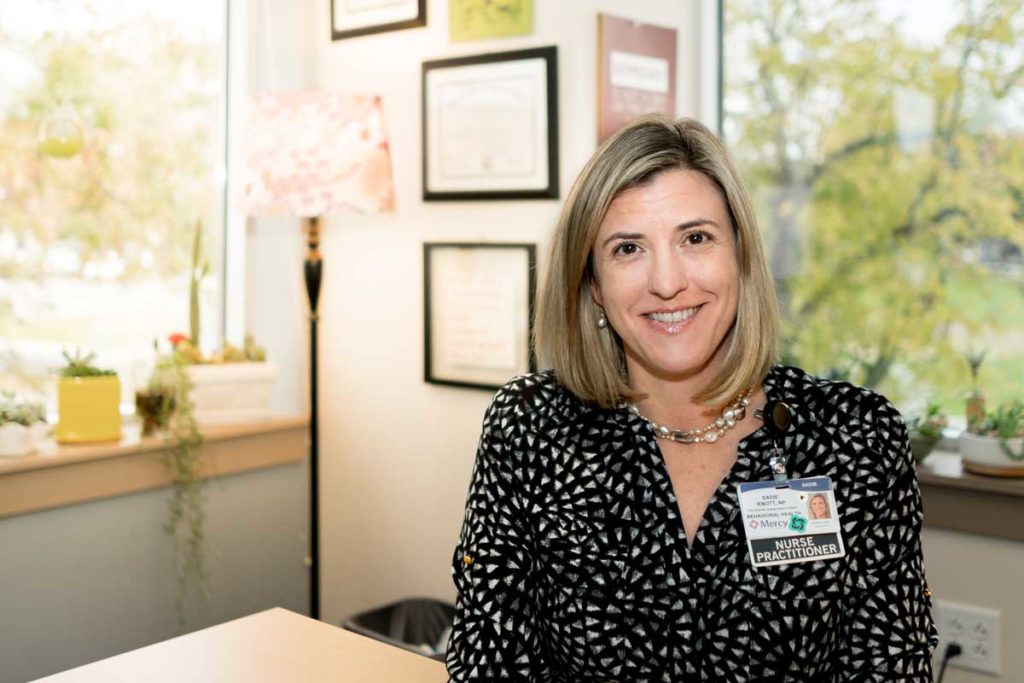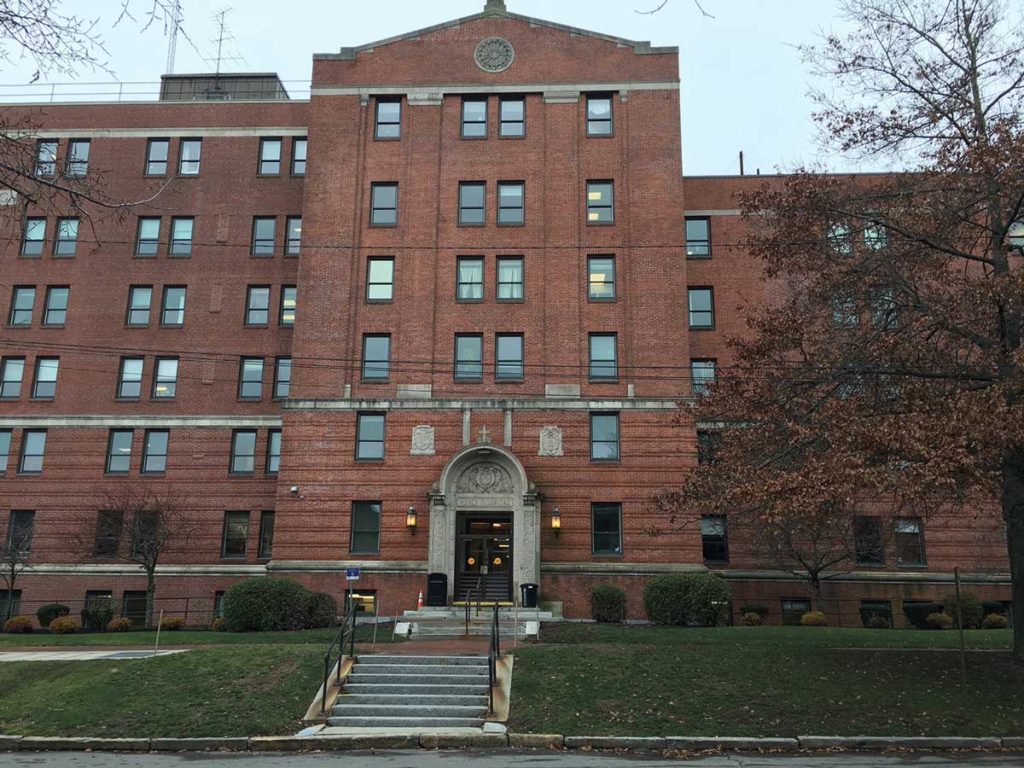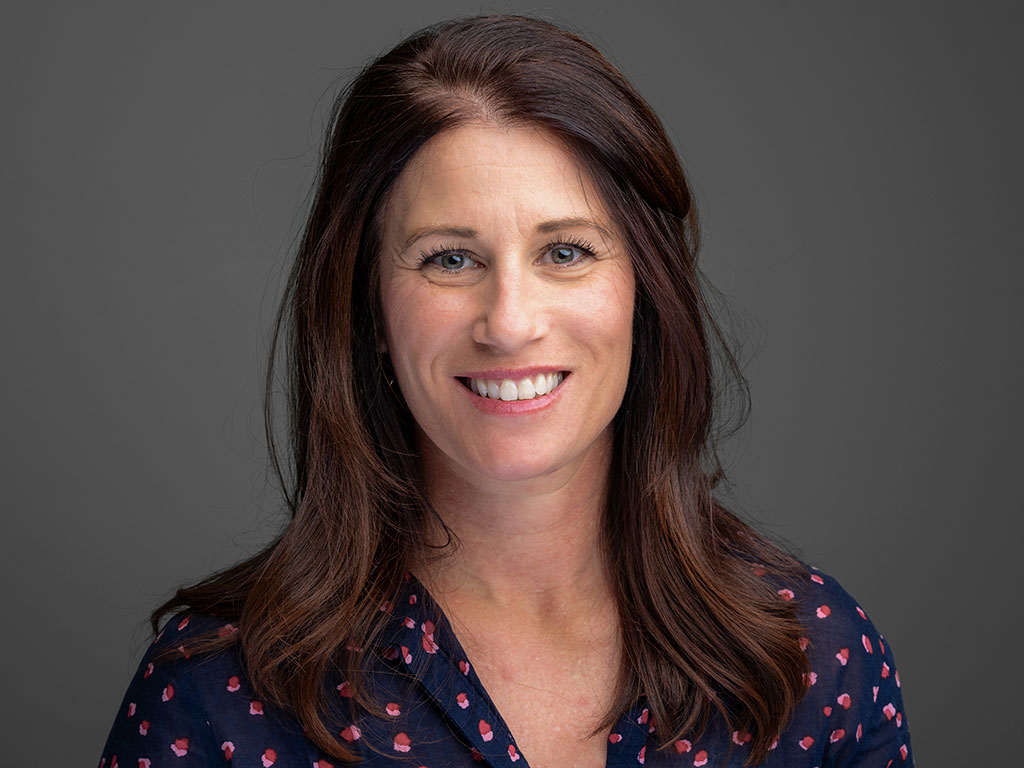Rapid Access Treatment for opioid use disorder combines immediate withdrawal relief with a long-term plan for recovery

A trip to a hospital emergency department can provide the incentive to change for someone struggling with opioid use disorder. After narrowly avoiding an overdose, patients often face a delay until they can get into a treatment program. “This leads to painful withdrawal symptoms,” said Marc Hoffman, MD, emergency department (ED) physician at Northern Light Mercy Hospital in Portland.
“I’ve seen patients where their families have brought them to the ED for intervention, and they were at their wit’s end asking if we could help them and we had nothing to offer other than empathy, hotline numbers, and placebo drugs like Tylenol or muscle relaxers,” Dr. Hoffman said. “It’s a helpless feeling.”
Rapid Access Treatment
Now, in partnership with the Maine Department of Health and Human Services, Northern Light Mercy Hospital’s Emergency Department has introduced rapid access treatment to provide patients immediate relief from withdrawal symptoms while also initiating ongoing support that increases the patient’s chances for recovery.
With rapid access treatment, anyone who meets the clinical criteria for opioid use disorder can begin treatment with a medication called Suboxone in the ED to counteract the immediate effects of withdrawal. Patients then are given a comprehensive assessment as the start of their ongoing treatment.
Once a patient leaves the ED, they are referred to Northern Light Mercy Internal Medicine in Portland to set up an appointment with Sadie Knott, a board-certified psychiatric mental health nurse practitioner. Sadie can prescribe Suboxone and other psychiatric medications to manage underlying mental health conditions. Patients are also referred to a social worker and a primary care physician.
“Hopefully, once people learn about this program, we will see a shift in more people willing to come to the ED to seek treatment, especially after an overdose,” Sadie said.
Additionally, a recovery coach helps patients continue to access treatment and a range of community supports. These may include:
- Sober housing.
- Recovery-oriented support groups.
- Ongoing coaching.
- Workforce development, with assistance from the Maine Recovery Fund and its sister employment company, MaineWorks.

Rapid access treatment balances the immediate and the long term, and medical and behavioral health with social factors. “It’s truly a comprehensive approach that reaches someone at the moment, when they may be most receptive to getting help, and it assists them along each step of the pathway to recovery,” said Melissa Skahan, vice president of mission integration for Northern Light Mercy Hospital.
Content provided by Northern Light Mercy Hospital.





